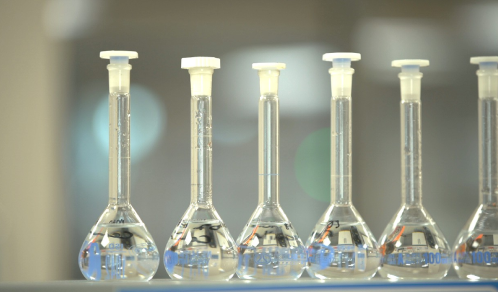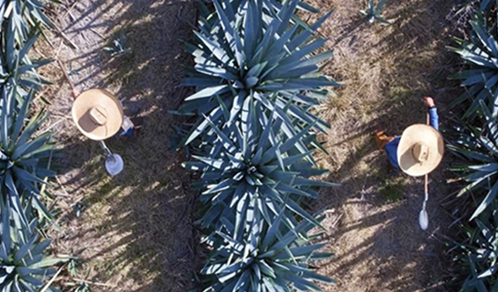Celebrating life, every day, everywhere
Our journey in Türkiye began almost two centuries ago, with the Ottoman-era İnhisarlar İdaresi in 1826, continued with TEKEL, and today carries on as part of Diageo — one of the world's leading beverage alcohol companies, with more than 200 brands, 30,000 people and a presence in nearly 180 countries.
In Türkiye, we proudly bring together some of the world's most iconic brands with a passionate team, united by one purpose: to celebrate life, every day, everywhere.
Yet we are more than a producer. As Diageo Türkiye, we contribute to our national economy through exports, production and employment. We cultivate our own vineyards, support local farmers and create social value through projects in gastronomy, culture & the arts, and the environment.
Gastronomy is at the heart of who we are, and we are an essential part of culinary culture in Türkiye and around the world. Our progress grows together with the wider gastronomy ecosystem. And as a company that believes in equal opportunities, we are shaping an industry — in Türkiye and beyond — where gender equality is achieved, and where service, quality and experience meet international standards.
Our History
As the modern representative of a tradition that began with the İnhisarlar İdaresi in 1862 and continued with Tekel, we carry forward the legacy of the past while renewing it for future generations. With the strength and international experience of Diageo, our success continues to grow.
1920
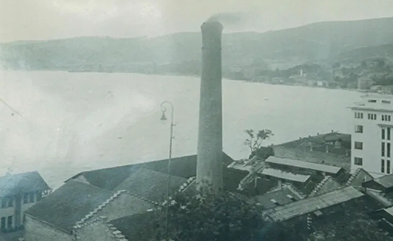
During the Ottoman era, spirits and alcoholic beverages were produced by many small businesses under tax control. With law no. 790, which came into force on June 1, 1920, their production, import and sale were placed under government monopoly. Existing small-scale producers had to declare their capacity and assets to the monopoly administration and obtain official permits in order to continue operating.
Our History
1920

During the Ottoman era, spirits and alcoholic beverages were produced by many small businesses under tax control. With law no. 790, which came into force on June 1, 1920, their production, import and sale were placed under government monopoly. Existing small-scale producers had to declare their capacity and assets to the monopoly administration and obtain official permits in order to continue operating.
1930
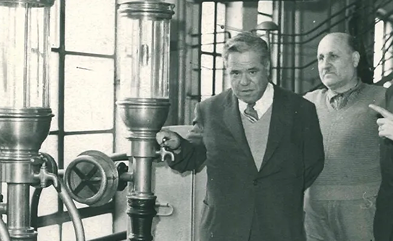
With the rise of industrialisation and the importance of domestic capital, the state began to play a more active role in monopoly practices from the 1930s onwards. Strengthening legal and institutional mechanisms to manage monopolies became a key policy. Regulations in agriculture also increased support for local production.
1930

With the rise of industrialisation and the importance of domestic capital, the state began to play a more active role in monopoly practices from the 1930s onwards. Strengthening legal and institutional mechanisms to manage monopolies became a key policy. Regulations in agriculture also increased support for local production.
1946
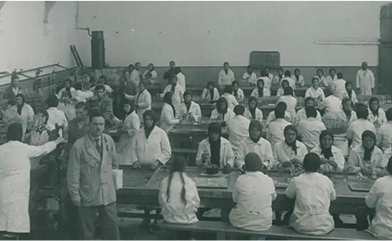
In this period, extending and deepening monopoly practices through legal and institutional structures was a priority. With the 1941 law no. 4036, the General Directorate of Monopolies was formally established, and in 1946 it became officially known as Tekel General Directorate. This brought more structured and supervised production and sales of tobacco and alcoholic beverages. Materials and production methods were standardised, and alcoholic drinks could only be sold in authorized outlets.
1946

In this period, extending and deepening monopoly practices through legal and institutional structures was a priority. With the 1941 law no. 4036, the General Directorate of Monopolies was formally established, and in 1946 it became officially known as Tekel General Directorate. This brought more structured and supervised production and sales of tobacco and alcoholic beverages. Materials and production methods were standardised, and alcoholic drinks could only be sold in authorized outlets.
2004
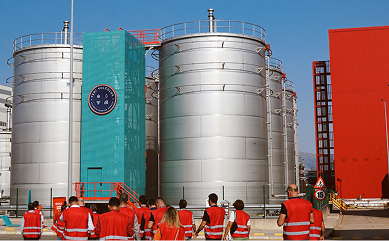
Mey İçki was founded in 2004, following the privatisation of Tekel's alcoholic beverages division.
2004

Mey İçki was founded in 2004, following the privatisation of Tekel's alcoholic beverages division.
2011

Since 2011, we have been part of Diageo — a global leader in beverage alcohol with commercial activities in nearly 180 countries and regional offices in over 80 markets. Today, under the name Diageo Türkiye, we operate as two separate companies in Türkiye: one focused on production and the other on sales and marketing.
2011

Since 2011, we have been part of Diageo — a global leader in beverage alcohol with commercial activities in nearly 180 countries and regional offices in over 80 markets. Today, under the name Diageo Türkiye, we operate as two separate companies in Türkiye: one focused on production and the other on sales and marketing.
Our Growth Ambition & Strategy
Our Purpose: Celebrating life, every day, everywhere.
Our Ambition: To be Türkiye's highest-performing, most trusted and most respected consumer goods company.
Our Strategic Priorities:
- Taking consumer and customer experiences one level up.
- Using resources wisely and simplifying processes for greater efficiency and agility.
- Building sustainable relationships with partners who share our purpose and goals.
- Data-driven digital transformation
- A strong company culture
- Continuous capability building
A Company with Farming Roots
We are more than a producer — we are also farmers. With our own vineyards and a meticulous grain-to-glass approach, we take responsibility not only as a business, but as a social institution committed to future generations.
Our farming journey began in 2005 and was formalised in 2011 with our official Farming Certificate. Today, a dedicated team of 40 experts works to preserve and carry Anatolia's precious grape varieties into the future. According to the 2024 Nielsen Retail Report, Diageo Türkiye ranks as the 7th largest food & beverage company and the 11th largest FMCG company in Türkiye, playing a powerful role in the agricultural sector.
Exports
Through our rakı and wine production — Türkiye's largest fruit-based export products — we have long been leaders in exports. Produced from the harvests of these lands, our rakı and wines now reach over 30 countries.
In 2004, rakı exports reached only 20 countries. Today, they span the globe — from the US to Japan, from Australia to Germany. Our strongest markets include Germany, the UK, the US, the Netherlands, Austria and France.
Local Production
We proudly source 100% of our agricultural ingredients from Türkiye, purchasing nearly 6.5 billion TL worth of local crops every year.
For rakı, grapes and anise — both protected by geographical indication — come exclusively from Turkish soil. For wine, we harvest grapes from our 55 hectares of vineyards in Şarköy and Elazığ, as well as from our contracted local farmers.
We see agricultural sustainability as an investment in the future. Through partnerships with universities, we strengthen the scientific foundations of production, while supporting farmers with seeds, fertiliser, fuel and consultancy for greater efficiency.


